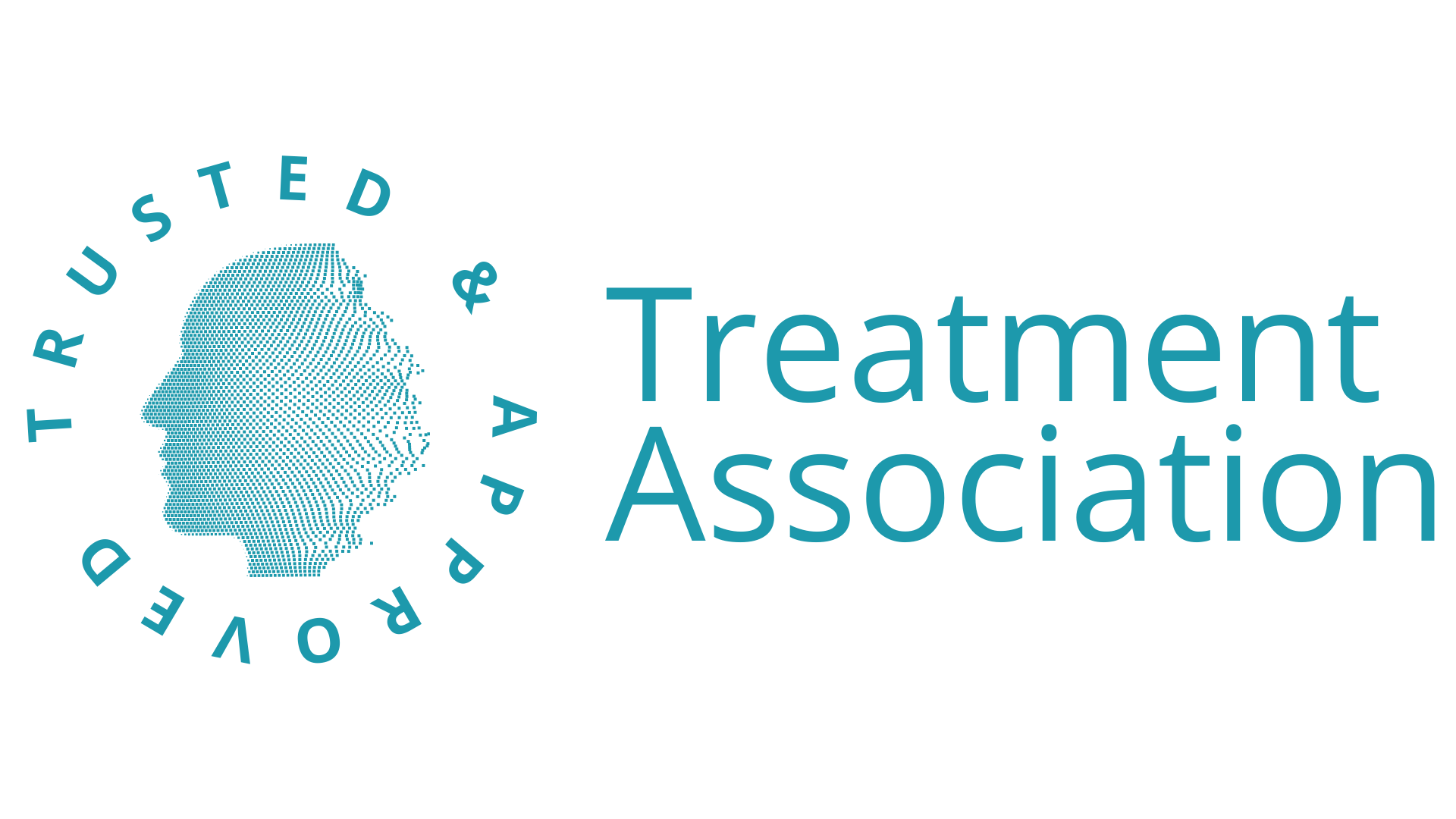How to Choose the Right Addiction Treatment Program for Your Unique Needs
If you or a loved one are struggling with addiction, seeking treatment can be a daunting task. With so many options available, it can be difficult to know where to start or what to look for in a treatment program. Choosing the right addiction treatment program is critical to achieving long-term recovery and a successful outcome. In this blog, we will provide guidance on how to choose the right addiction treatment program for individual needs.
Factors to Consider When Selecting a Treatment Program
When selecting a treatment program, there are several factors to consider. Each individual’s needs are unique, and finding a program that meets those needs is crucial for success. Here are some of the factors to consider:
- Treatment Approach: There are various treatment approaches for addiction, and it’s essential to find a program that aligns with individual needs and preferences. Some programs focus on abstinence-based approaches, while others may use medication-assisted treatment. It’s important to research different treatment approaches and find a program that offers the right approach for you.
- Cost: The cost of treatment can vary significantly depending on the program’s location, duration, and level of care. Some programs may accept insurance, while others may require out-of-pocket payments. It’s important to consider the cost of treatment and whether it’s affordable before making a decision.
- Location: The location of the treatment program can also be an essential factor to consider. Some individuals may prefer to stay close to home, while others may benefit from a change of scenery. It’s important to find a location that feels comfortable and safe.
- Available Resources: Different treatment programs may offer different resources, such as therapy, support groups, or holistic treatments. It’s important to research the available resources and find a program that offers the right level of support for individual needs.
Importance of Individualized Treatment Plans
Individualized treatment plans are crucial to achieving long-term recovery. Addiction is a complex disease, and treatment needs to address the unique needs of each individual. A one-size-fits-all approach may not be effective for everyone. An individualized treatment plan should consider factors such as the type and severity of addiction, mental health conditions, and personal preferences.
An effective treatment plan should include a combination of therapies and support to address the physical, emotional, and psychological aspects of addiction. Some of the therapies that may be included in a treatment plan include:
- Behavioral Therapy: Behavioral therapy is a form of therapy that helps individuals identify and change negative thought patterns and behaviors. This type of therapy can be particularly helpful for individuals with co-occurring mental health conditions.
- Medication-Assisted Treatment: Medication-assisted treatment involves the use of medications to help manage withdrawal symptoms and cravings. This type of treatment can be particularly helpful for individuals with opioid or alcohol addiction.
- Holistic Therapies: Holistic therapies, such as yoga or acupuncture, can help individuals manage stress and improve overall well-being. These therapies can be particularly helpful for individuals who are looking for a more natural approach to treatment.
Finding a program that offers individualized treatment plans is crucial to achieving long-term recovery. It’s important to research different treatment programs and find one that offers the right level of support and customization for individual needs.
Tips for Navigating the Treatment Selection Process
Navigating the treatment selection process can be overwhelming, but there are some tips that can help individuals and families make informed decisions. Here are some tips for navigating the treatment selection process:
- Research: Research different treatment programs and read reviews from former clients. Look for programs that have a proven track record of success.
- Ask Questions: Don’t be afraid to ask questions about the treatment program’s approach,resources, and success rates. It’s important to have a clear understanding of what the program offers and how it can help individuals achieve long-term recovery.
- Consult with Professionals: Consult with addiction specialists or healthcare providers for recommendations on treatment programs that may be a good fit. These professionals can provide valuable insights and guidance on finding the right program.
- Tour the Facility: If possible, visit the treatment facility and take a tour. This can provide a better understanding of the program’s environment and the level of care offered.
- Involve Family and Friends: Involve family and friends in the decision-making process. Support from loved ones can be a critical factor in achieving long-term recovery.
- Consider Aftercare: Aftercare is an essential component of long-term recovery. When selecting a treatment program, consider whether the program offers aftercare services, such as support groups or continuing therapy.
Choosing the right addiction treatment program is a critical step in achieving long-term recovery. By considering the factors discussed in this blog and following the tips for navigating the treatment selection process, individuals and families can make informed decisions and find a program that meets their unique needs. Remember, seeking treatment for addiction takes courage, and there is no shame in asking for help. With the right treatment and support, recovery is possible.






